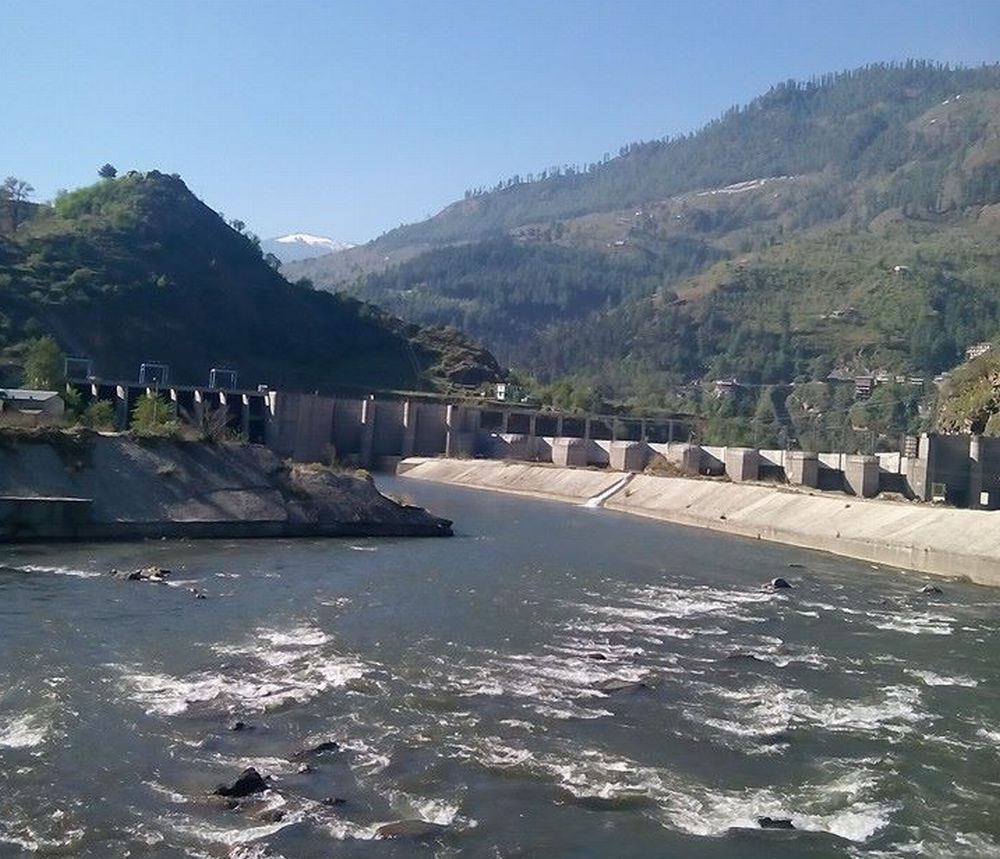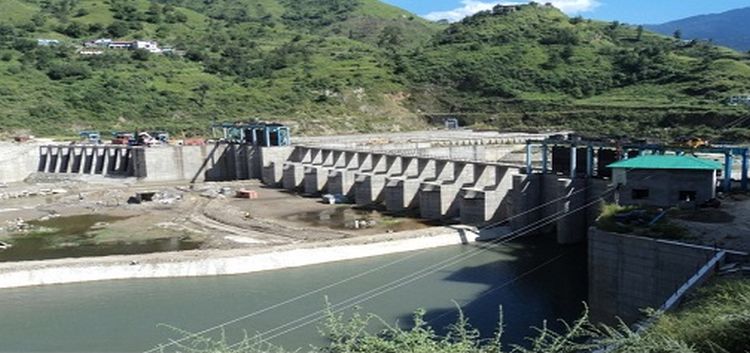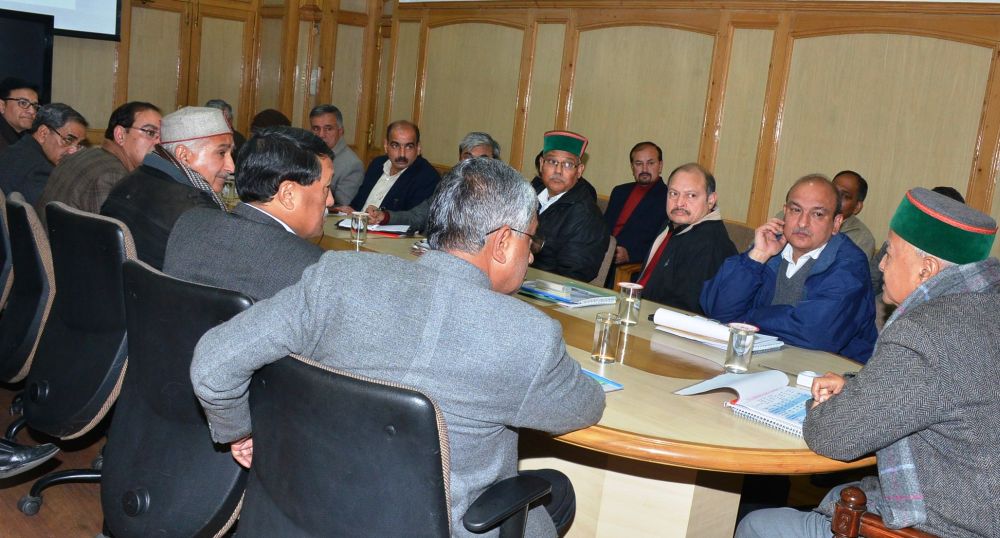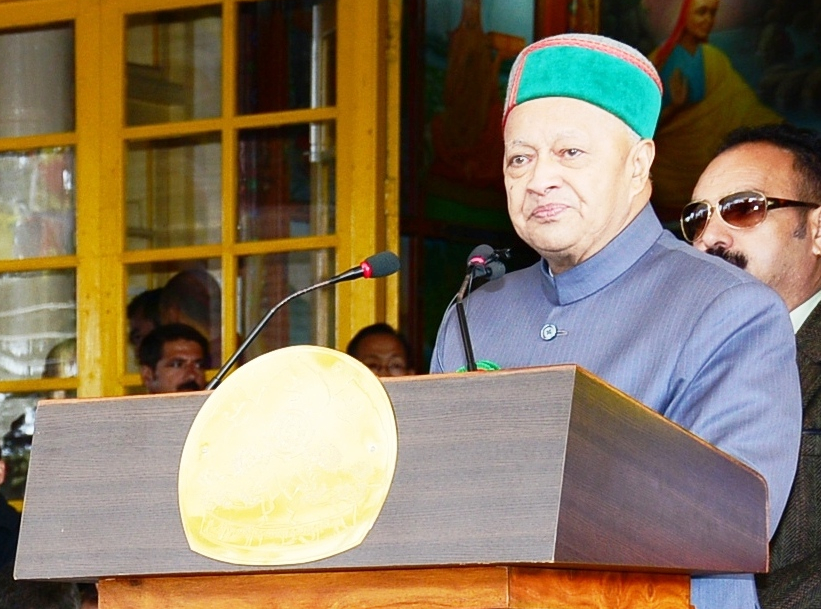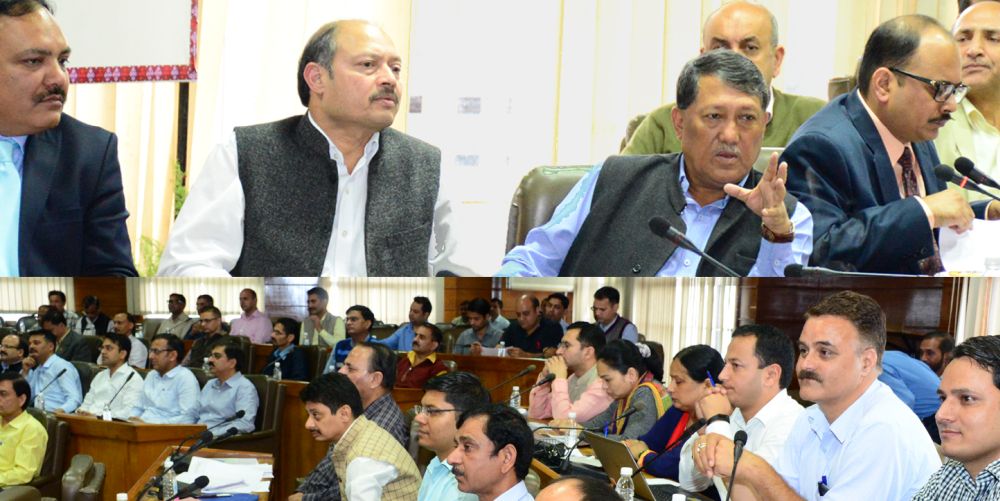The Himachal Pradesh Cabinet has approved the transfer of the 780 MW Jangi Thopan Powari Hydro Power Project to the Himachal Pradesh Power Corporation Ltd. (HPPCL). This decision, aimed at boosting the state’s hydroelectric potential, follows earlier delays and issues related to the project’s implementation under its previous allotment.
The Jangi Thopan Powari project, located in the Kinnaur district on the Satluj River, has long been viewed as an important component of Himachal Pradesh’s power strategy. However, in 2023, the government cancelled the project’s previous allotment to SJVN Ltd., citing the company’s failure to meet important deadlines. The transfer of the project to HPPCL is expected to bring more focus and expedite its development, allowing the state to meet its renewable energy goals more effectively.
Environmental and Community Challenges
The project has been a subject of controversy, with local communities and environmental groups raising concerns over its ecological impact. Kinnaur, a cold desert region, relies heavily on its fragile water resources, including mountain springs fed by glaciers, for agriculture and drinking water. Critics argue that the construction of tunnels for the project will severely disrupt the region’s hydrogeology, impacting the availability of water and threatening the livelihood of local farmers, who depend on horticulture and off-season vegetable production.
The area is also home to some of the largest Chilgoza pine forests, an endangered species of pine known for its edible seeds. Environmentalists have warned that previous hydroelectric projects in the region have already led to significant deforestation, with thousands of Chilgoza trees being felled. The Jangi Thopan Powari project, they argue, risks further damage to the region’s delicate ecosystem, including these vital forests.
Additionally, there has been opposition from local Gram Panchayats, particularly in the tribal regions of Kinnaur. Under Indian law, projects in tribal areas require no-objection certificates from local bodies, but this process has reportedly been neglected in the past, leading to tensions between the government and local communities.
In addition to this, the Cabinet also approved the allotment of two more major hydroelectric projects—1630 MW Renukaji and 270 MW Thana Plaun Pump Storage Hydro Electric Projects—further to HPPCL. This step is part of the state’s larger strategy to strengthen its renewable energy capacity, focusing on maximizing the potential of its vast river systems.







